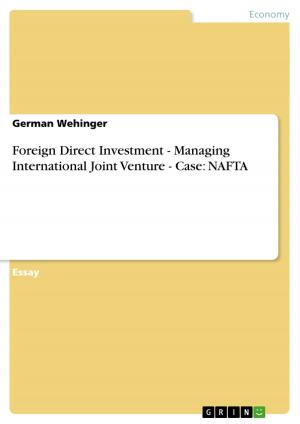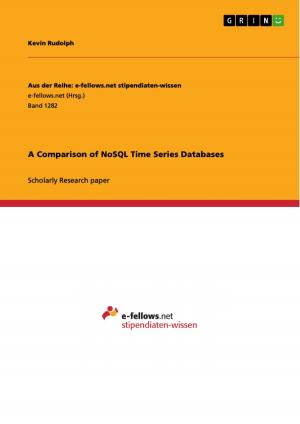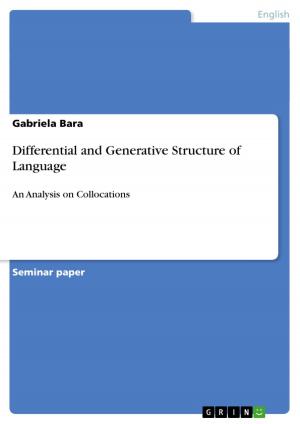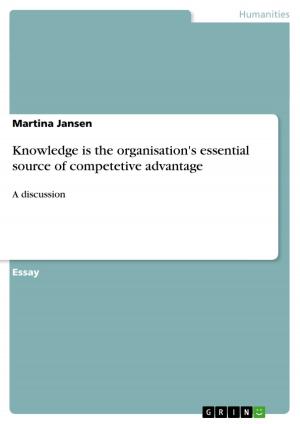The transfer of training into the work environment - a socio-cultural approach
a socio-cultural approach
Nonfiction, Social & Cultural Studies, Social Science, Sociology| Author: | Marco Köster | ISBN: | 9783638279666 |
| Publisher: | GRIN Publishing | Publication: | May 31, 2004 |
| Imprint: | GRIN Publishing | Language: | English |
| Author: | Marco Köster |
| ISBN: | 9783638279666 |
| Publisher: | GRIN Publishing |
| Publication: | May 31, 2004 |
| Imprint: | GRIN Publishing |
| Language: | English |
Essay from the year 2002 in the subject Sociology - Work, Profession, Education, Organisation, grade: Grade A, University of Manchester (Institute for Development Policy and Management), language: English, abstract: In theoretical and empirical research the elusive phenomenon of training transfer has widely been neglected. Attempts to grasp the many facets of the transfer of training in a comprehensive theory have been few. Transfer has traditionally been regarded as a training product to be measured at a fixed point of time after the course. Alternatively, some authors suggests a process approach to transfer and argue that transfer of training is a complex and discontinuous process of successful skill application and recurring setbacks, of achieved behaviour change and frequent relapse to old habits. Consequently, the identification and measurement of transfer delivers a comprehensive picture only when it sets in at various points of time after the training. Throughout the transfer process the trainee is exposed to factors inhibiting or facilitating the transfer of training to the workplace. The influences of transfer facilitators and transfer barriers are outlined in this text.
Essay from the year 2002 in the subject Sociology - Work, Profession, Education, Organisation, grade: Grade A, University of Manchester (Institute for Development Policy and Management), language: English, abstract: In theoretical and empirical research the elusive phenomenon of training transfer has widely been neglected. Attempts to grasp the many facets of the transfer of training in a comprehensive theory have been few. Transfer has traditionally been regarded as a training product to be measured at a fixed point of time after the course. Alternatively, some authors suggests a process approach to transfer and argue that transfer of training is a complex and discontinuous process of successful skill application and recurring setbacks, of achieved behaviour change and frequent relapse to old habits. Consequently, the identification and measurement of transfer delivers a comprehensive picture only when it sets in at various points of time after the training. Throughout the transfer process the trainee is exposed to factors inhibiting or facilitating the transfer of training to the workplace. The influences of transfer facilitators and transfer barriers are outlined in this text.















